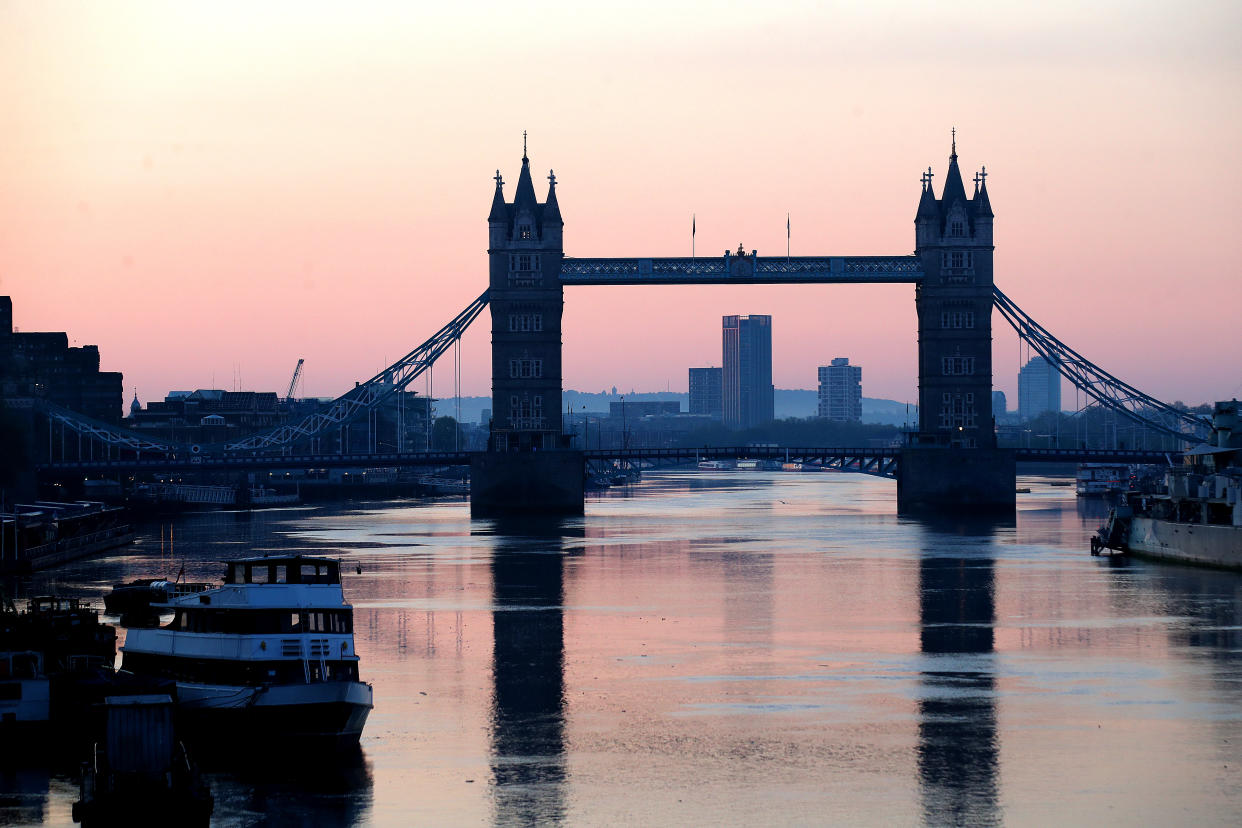Coronavirus: Many firms will maintain changes prompted by the lockdown

Many of the business practices prompted by the coronavirus lockdown could become part of a “new normal” even after the restrictions are lifted, according to the Institute of Directors.
A survey conducted by the institute found that, after the crisis subsides, almost 40% of firms intend to hold onto the changes they have made during the lockdown in order to continue offering their existing products and services.
“Lockdown means few businesses can operate as they used to and, as a result, many companies are finding a way to innovate through the obstacles. The solutions they create might just end up becoming the new normal,” said Edwin Morgan, the policy director at the Institute of Directors.
READ MORE: Hancock pays tribute to lab, pharma, and logistics firms
Morgan noted that some of the changes, such as physical distancing measures on production lines or the availability of personal protective equipment (PPE) in the workplace, were “virus-related necessities.”
Others, such as the increased provision of digital services and flexible working, “bring benefits of their own,” he said.
While almost one in six of the almost 500 businesses polled reported that they had launched a new product or service due to the pandemic, the majority of these were related to the country’s medical response, such as producing hand sanitiser or procuring PPE.
Some 8% of the firms surveyed have reacted to the crisis by providing a new product or service that was not related to the medical response, the institute said.
“With it looking likely that restrictions will continue in some form for months, more and more directors will fundamentally change their business models,” Morgan said.
The survey results from the institute follow the release of PwC data, which found that around 25% of chief financial officers were thinking of cutting back on office real estate.
READ MORE: Packed Canary Wharf offices 'may be a thing of the past'
The moves would further raise the prospect of a permanent shift towards remote working due to the coronavirus pandemic.
Amazon this week told staff that “employees who work in a role that can effectively be done from home” are now welcome to do so until 2 October.
Meanwhile, Barclays (BARC.L) chief executive Jes Staley said that packed Canary Wharf office blocks could be consigned to the dust bin of history in the post-coronavirus era.
“The notion of putting 7,000 people in a building may be a thing of the past,” he said.
Staley said there would “a long-term adjustment” to the pandemic that would likely lead to more remote and dispersed working.


